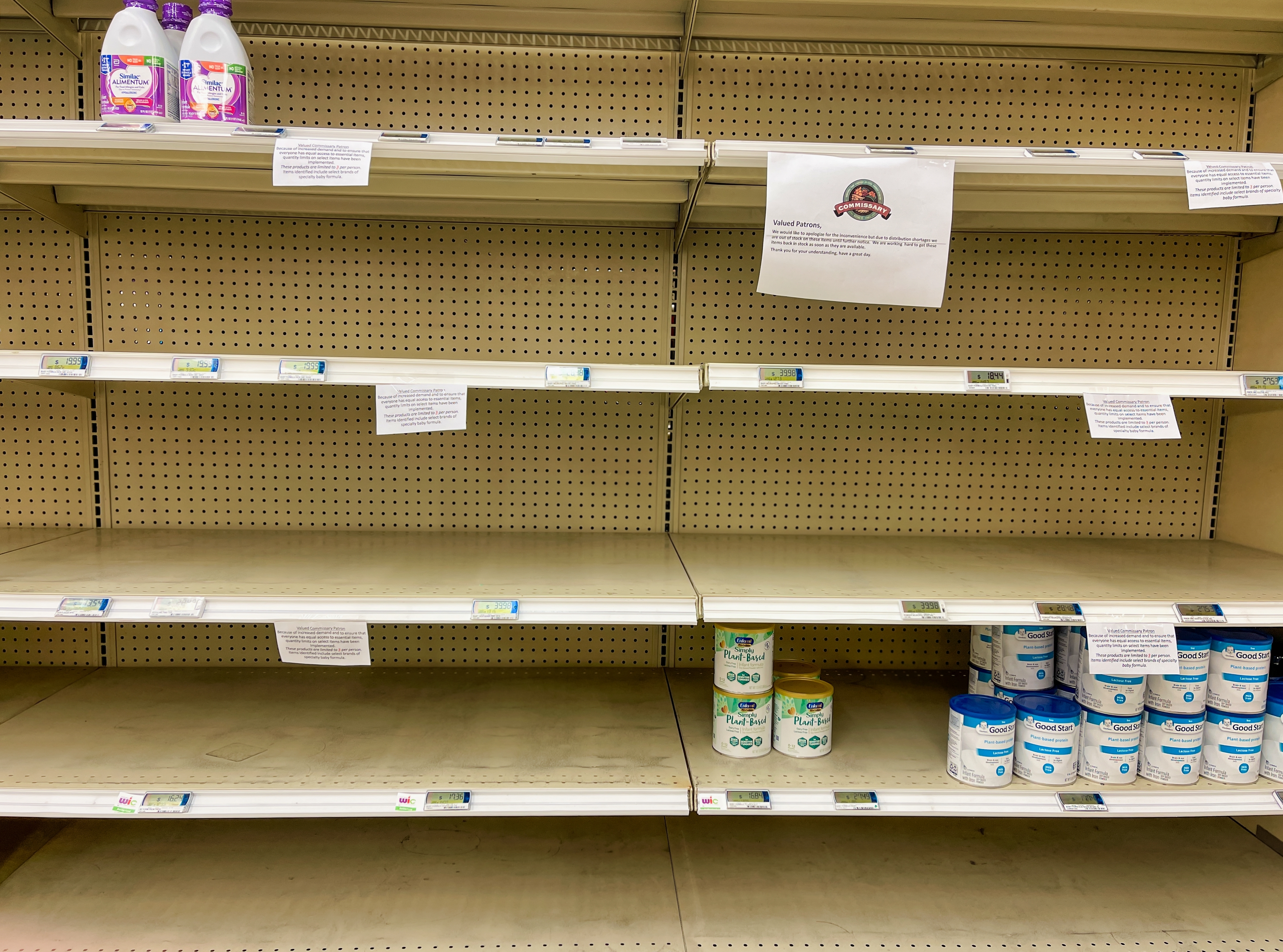WASHINGTON (September 7, 2022) – The unprecedented infant formula shortage created an alarming problem for parents across the country. The majority of US infants are partially or entirely reliant on infant formula for nutrition, with only one in four infants exclusively breastfed for the first six months of life. The study, which enrolled a sample of predominantly non-Hispanic white and highly educated women in Washington D.C., found that the shortage had adverse impacts on mothers’ mental and emotional health, had significant financial costs, and led to changes in infant feeding practices.
GW researchers conducted in-depth qualitative interviews and identified several common themes about how the shortage is affecting mothers:
-
The shortage has adverse impacts on mothers’ mental and emotional health
-
Mothers report significant financial and intangible costs resulting from the shortage
-
The shortage led to changes in infant feeding practices, including ones that could be detrimental to an infant’s health
-
Social and family networks were helpful in navigating the shortage
These added mental, emotional and even physical stressors are especially concerning for mothers who are already at risk for postpartum anxiety and depression.
“This study is an important first step in understanding the multifaceted impacts of the ongoing infant formula shortage,” Allison Sylvetsky, associate professor in the Department of Exercise and Nutrition Sciences at the GW Milken Institute School of Public Health said. “Research in this space is critically important so we can better understand the many challenges mothers with infants are facing and provide the best support possible.”
This is the first original research study to be published in preprint on this topic and included 28 mothers from Washington D.C., most of whom were non-Hispanic white and highly educated. Sylvetsky and her team are working on a follow-up study that will focus on learning the perspectives of a more racially and economically diverse sample of mothers from Washington, D.C. Data collection for this follow-up study is ongoing, and the results thus far suggest that the impacts and costs of the shortage may be particularly detrimental in low-income households.
The study, “Having a newborn is stressful enough:” Mothers’ experiences during the 2022 Infant Formula Shortage in Washington D.C.” is available in preprint.
-GW-


